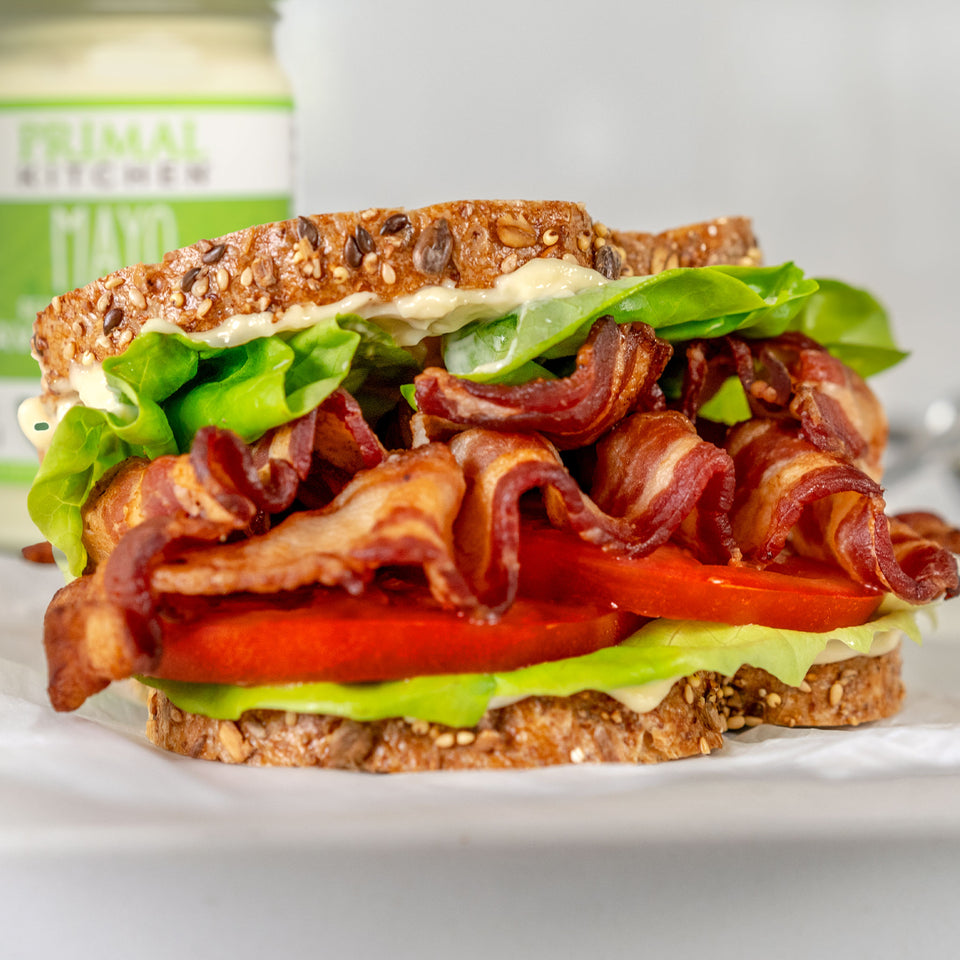Few things feel better than getting a restorative night’s sleep and waking up in the morning refreshed and ready to tackle the day. Unfortunately, for many of us, good sleep is more a dream than a reality.
Study after study finds the majority of adults—and kids, too, sadly—don’t get enough sleep, and the sleep they do get isn’t all that great. You might think you’re getting by well enough with five or six hours of sleep, or waking multiple times in the middle of the night, but sleeping badly is bad news. The repercussions go well beyond feeling drowsy at work. Poor sleep contributes to all sorts of other health problems, accidents at work and on the road, and generally feeling lousy.
The good news is that there are relatively simple steps you can take to improve your sleep, starting tonight.

Sleep Hygiene Checklist
“Sleep hygiene” is the term we use to describe healthy sleep habits—the controllable factors that lead to better sleep night after night.
Ideally, good sleep hygiene would be non-negotiable. Sometimes, though, life conspires to get in the way. Being a parent or caretaker, working night shifts, or living in a noisy environment can wreak havoc with getting a solid eight hours of shuteye. Nevertheless, it’s always a good idea to do everything in your power to get good sleep. Start with these:
10 Tips for Getting Better Sleep

Stick to a consistent sleep schedule. Try to go to sleep and wake up around the same time each day to regulate your circadian rhythm (your body’s internal clock that governs sleep and other biological processes).
Establish a nighttime routine. Routines can help you stick to your bedtime and tell your brain, “It’s time to transition to sleep mode now.”
Limit screen use before bed. Screens' blue lights can trick your brain into thinking it’s still daytime, and stimulating or upsetting media can make it hard to wind down. Activating night mode on your devices helps. Shutting down phones and tablets and turning off the TV is even better.
Give yourself enough time in bed. Even if you sleep like a rock, there’s no way you can get sufficient sleep if you’re only going to bed 6 or 7 hours (or less!) before you need to wake up. Aim to be in bed at least 8 hours before your alarm goes off.
Be mindful of caffeine and alcohol intake. Both substances are known to disrupt sleep. Keep caffeine intake to before noon. If you’re going to imbibe, do so earlier in the evening, and don’t overdo it.
Tip: Sleep trackers can also help you understand how certain choices affect your sleep—like whether you sleep better or worse when you eat a late dinner, exercise before bed, drink alcohol, or meditate. This knowledge can be invaluable for building better habits.
Keep your bedroom cool. Experts say the best temperature for your sleep environment is around 65°F (18°C), give or take. Use fans or crack a window to let in the cooler night air.
Keep your bedroom dark. Use black tape to cover all the little lights on chargers and electronic devices. Invest in blackout curtains and don an eyemask if necessary.
Keep your bedroom quiet. If you can’t shut out the outside noise, and you find earplugs uncomfortable, try a white noise machine or app to drown out the din.
Get early morning light. Daylight sends another signal to your brain to establish a healthy circadian rhythm. Even on cloudy days, make an effort to get natural light soon after waking. (Drink your tea or coffee outside or by a bright window as part of your morning routine!)
Stay active throughout the day. Feel like you’re not getting enough deep or REM sleep? A recent study found that people who moved more throughout the day—including “both low-intensity and moderate-to-vigorous intensity physical activity”—slept better.
Still not sleeping well after implementing these healthy sleep tips? Ask your doctor about a sleep study. Underlying issues like sleep apnea might be preventing you from getting a good night’s ZZZs without you realizing it. A sleep study can help you get to the bottom of things.
Make Sleep a Priority
Sleep is one of the foundations of health, yet it can feel impossible to get the rest we know we need. Work, family, fitness, and leisure activities all demand our time, and it’s all too easy to skimp on sleep to fit everything else in.
The sooner you start implementing the 10 tips above, the sooner you’ll find yourself getting more—and better—sleep. Even if factors outside your control keep you from sleeping perfectly, it’s still worth the effort to do what you can.
Sweet dreams!
















































































































